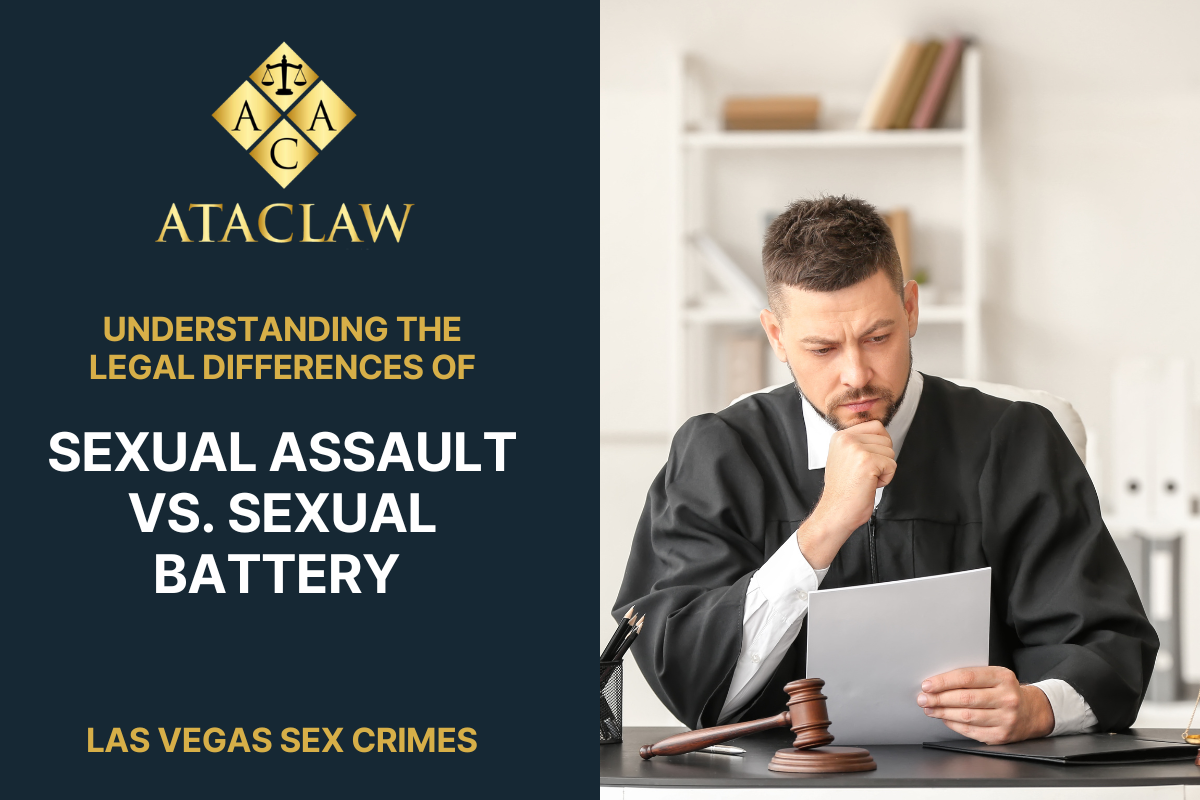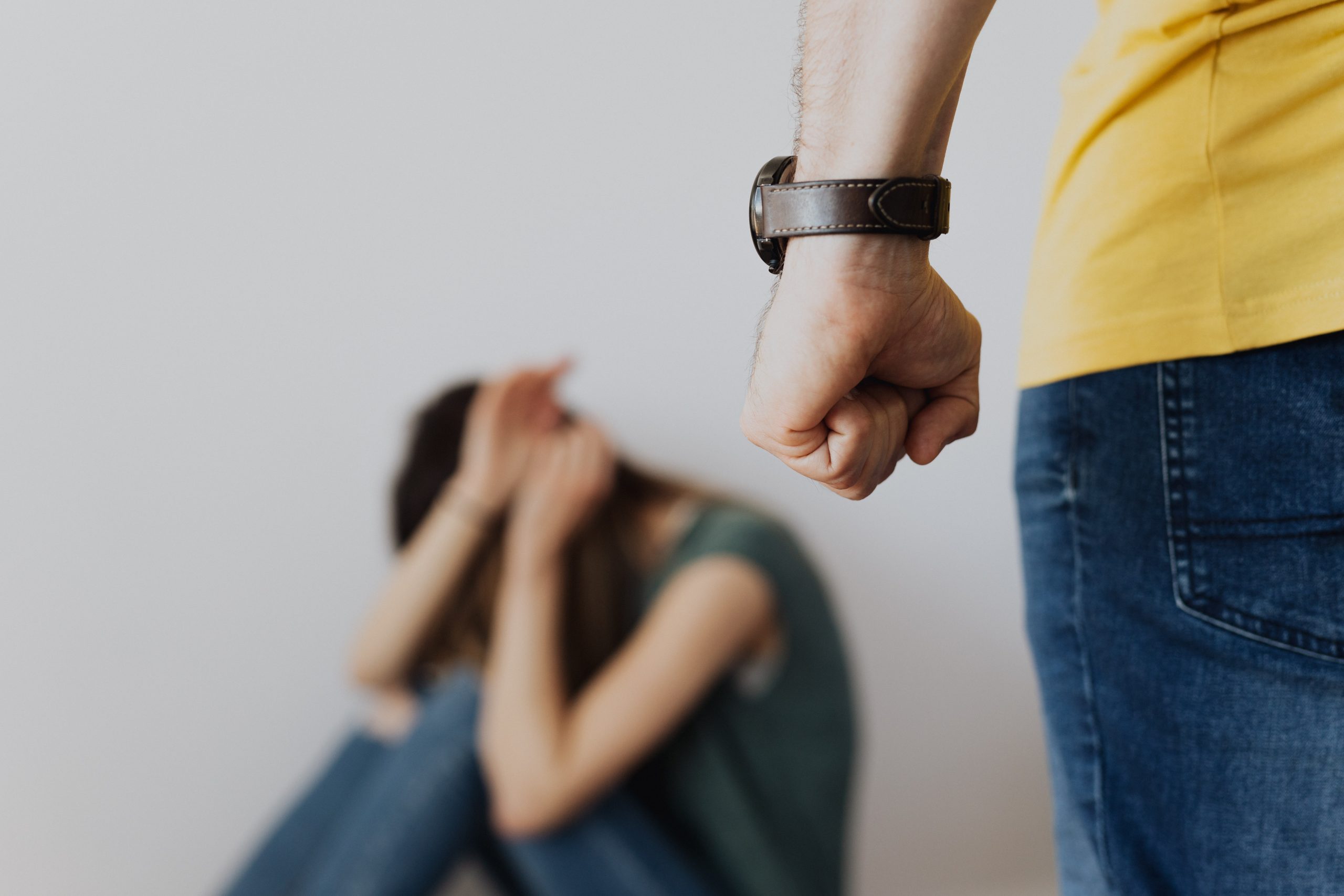1. Can a “Victim” force the State to Drop the Charges?
In some cases, after calling the police, the “victim” realizes that the police aren’t there to help them win the argument, but actually TAKE THEIR LOVED ONES TO JAIL. The “victim” and everyone associated with the case finds out that they have lost control of the situation because, even though they started the situation by calling the police, the State of Nevada now controls the outcome. Even if a “victim” wishes to drop charges against the defendant, the State will CONTINUE TO PROSECUTE. The State may even threaten to put the “victim” in jail, if they don’t actively cooperate with the State!
2. What if the “Victim” hit me first?
If a defendant used reasonable force against the “victim” to stop them from hitting them, then the defendant may have a claim for self-defense. However, this will require significant private investigation, because the police routinely look at situations involving multiple combatants and must make a determination as to the “original aggressor” or the person that really started the fight.
3. Can I still see my children?
If the “victim” filed for a protective order or the State successfully got the Court to order you to stay away from the “victim” or your children, you may need to go back to court before you can legally see your children again.
There are several bases to build a successful defense against domestic violence charges:
- Self-defense – If you used reasonable force against the named “victim” because you believed this was necessary to protect yourself, you could have been acting in self-defense. This may be a valid defense against your charges.
- False accusations – The named “victim”, e.g. your spouse, ex-spouse, or family member, may have falsely accused you of domestic violence because of revenge, anger, jealousy or as part of their divorce “strategy” to gain an advantage. Bringing this to light may help ensure these frivolous charges are dropped.
- Non-Intentional injury – Criminal cases usually require some element of “scienter” or criminal state of mind. In cases where the defendant accidentally or unintentionally injured another person. If the injury was unintentional, this may be grounds to have your case dismissed.








